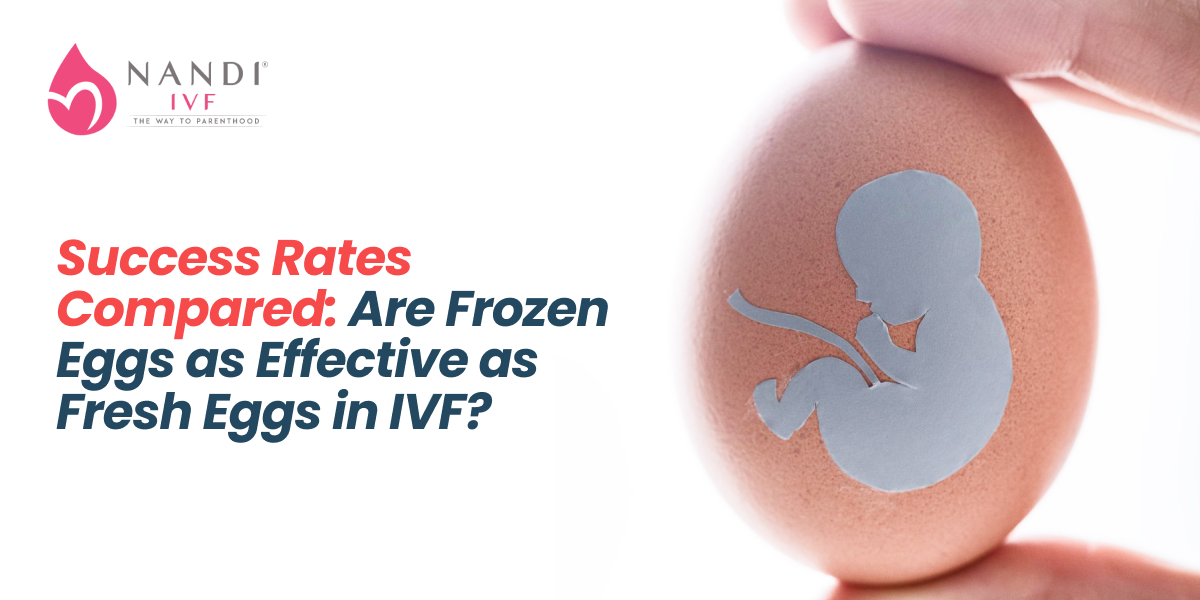Fertility treatments have come a long way, and in 2025, IVF (In Vitro Fertilization) is expected to become even more common than ever. Owing to atrocious lifestyles, stress, or even genetic factors, as per a report by the World Health Organization, around 17.5% of the adult population, which is roughly 1 in 6 people experience infertility.
More couples and individuals are turning to assisted reproductive technologies to start their families, which is why they are turning to the best IVF clinic in Delhi. With advancements in medical science, greater accessibility and changing societal perspectives, we would say the number of people opting for IVF is only set to rise. Wondering? Read on to find out!
A Growing Need for IVF
Believe it or not, the conversation around fertility has shifted. Long gone are the days when fertility was a topic discussed in hushed tones. Now, it is openly acknowledged. Many individuals and couples face difficulties in conceiving naturally and now they aren’t hesitating to explore fertility treatments.
IVF is no longer seen as a last resort; in fact, it’s often a first choice for those who want to take control of their reproductive journey. With lifestyles evolving and people using their choice to have children later in life, fertility challenges are becoming more common. However, the good news is IVF is no longer an option reserved for a selected few. Now, there are more clinics, advanced procedures, and better financial options, which means that more people can now consider IVF as a real possibility.
What’s Driving the Increase?
There are many reasons why IVF treatments are expected to surge in 2025:
- Delaying Parenthood: Many people are prioritizing careers, personal growth, or financial stability before having children. By the time they’re ready, they may need a little help.
- Advancements in Technology: IVF procedures are getting more refined, increasing success rates and making the process smoother for patients.
- More Awareness & Less Stigma: The topic of fertility is becoming mainstream, with more open conversations, support groups, and awareness campaigns.
The Emotional Journey of IVF
IVF isn’t just a medical procedure; it’s an emotional journey. The decision to undergo treatment comes with a mix of hope, anxiety, excitement, and sometimes even heartbreak. But with more people sharing their experiences, the process feels less isolating, and working with fertility specialists whose guidance makes the experience more manageable.
The Future of Fertility Treatments
Looking ahead, the future of fertility treatments is full of possibilities. With personalized treatments, AI-driven advancements, and even experimental technologies like lab-grown eggs and embryos, the next few years could completely redefine reproductive medicine. One thing is clear: more people than ever before will be considering IVF in 2025. Whether it’s out of necessity or choice, assisted reproduction is becoming a major part of modern parenthood.
Looking for the best IVF centre in Delhi to get started with your IVF procedure? Reach out to the team at NANDI IVF today to schedule a consultation and begin your parenting journey.













